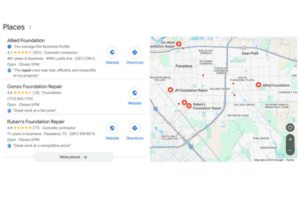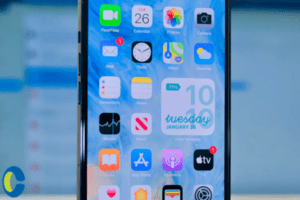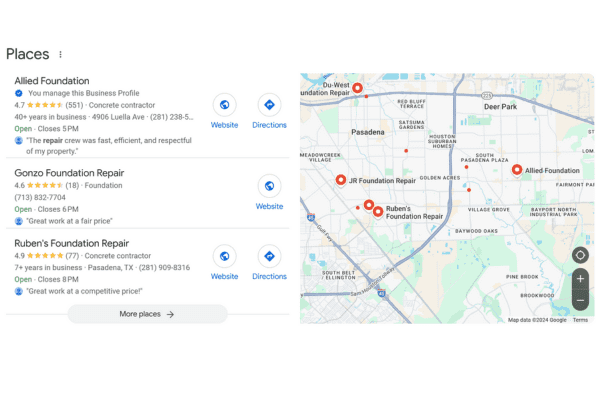Unveiling the Potential: Understanding Mobile Apps for Business Owners.
Staying ahead in the business arena requires more than just a physical presence or a website. With the rapid surge in smartphone usage, mobile applications have emerged as indispensable tools for businesses aiming to thrive in a competitive market. But what exactly is a mobile app, and how can it benefit your business? Let’s check out its potential without diving too deep into technical jargon.
At its core, a mobile app is a software application specifically designed to operate on mobile devices like smartphones and tablets. Unlike websites, which require an internet browser to access, mobile apps are standalone programs installed directly onto the user’s device, offering a tailored and immersive experience.
For business owners, mobile apps serve as powerful tools to enhance customer engagement, streamline operations, and drive revenue growth. Here’s how:
- Enhanced Customer Experience: Mobile apps provide a platform for businesses to deliver personalized and interactive experiences to their customers. Through features like push notifications, in-app messaging, and tailored content, businesses can engage with users in real-time, fostering loyalty and increasing brand affinity.
- Accessibility and Convenience: With a mobile app, customers have access to your products or services right at their fingertips, anytime and anywhere. This level of accessibility and convenience not only enhances user satisfaction but also encourages repeat business and referrals.
- Data Insights and Analytics: Mobile apps offer valuable insights into user behavior and preferences through analytics tools. By analyzing user data such as app usage patterns, demographics, and engagement metrics, businesses can make informed decisions to optimize their offerings and marketing strategies.
- Monetization Opportunities: Mobile apps open up various monetization avenues for businesses, including in-app purchases, subscription models, advertising, and partnerships. By leveraging these revenue streams, businesses can diversify their income sources and maximize profitability.
- Operational Efficiency: Internally, mobile apps can streamline business operations and improve efficiency. Whether it’s inventory management, employee scheduling, or customer support, mobile apps can automate processes, reduce manual workload, and facilitate seamless communication within the organization.
- Competitive Advantage: In today’s competitive landscape, having a well-designed and functional mobile app can set your business apart from the competition. It not only showcases your commitment to innovation but also positions your brand as modern and customer-centric.
However, it’s essential to recognize that developing and maintaining a successful mobile app requires careful planning, investment, and ongoing optimization. From conceptualization and design to development and marketing, every step demands attention to detail and a clear understanding of your target audience and business objectives.
Adding a Mobile App To Your Marketing Strategy
A mobile app is not just another tech trend but a strategic asset that can propel your business towards success in the digital world. By embracing mobile apps and harnessing its potential, business owners can unlock new opportunities for growth, engagement, and profitability. So, are you ready to take your business to the palm of your customers’ hands?















